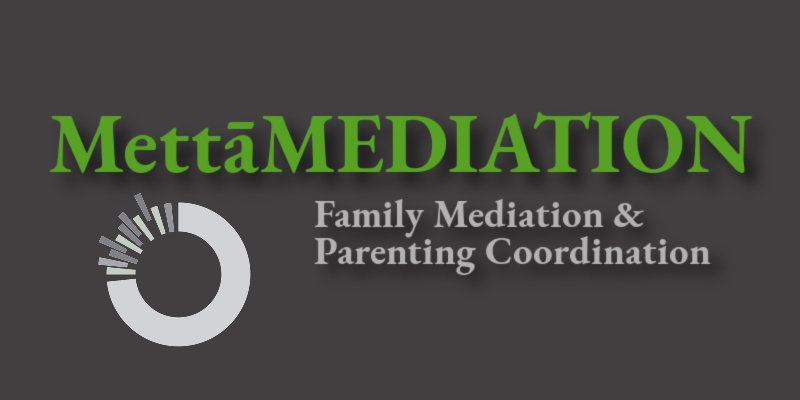Another post about preparing for family mediation
When you come to family mediation you will hopefully have your family law lawyer at your side, either virtually or in person. The other party will be there as well, as will their lawyer and of course, the dialogue will proceed with the assistance of a family mediator.
In advance of the mediation session you may think to yourself: “I will just let things play out as they must and because I was told by my lawyer that no one can force me to settle, I will play it by ear and see what happens. I can make decisions on the spot if I need to, and walk away if I want to. “
All of that is technically true - people come to family mediation voluntarily and they cannot be forced to settle but because baked into the idea of successful mediation is that the parties will compromise to arrive at a settlement, and because everyone wants to make the process as prompt and cost effective as possible, the more you prepare ahead of time, the better, in my view.
I have previously offered some ideas on how to prepare for family mediation but I think these points bear repeating because they are important. The key is to help you hit the ground running when the mediation session begins, and the more you have thought about what may or may not happen ahead of time, the better prepared you will be to handle just about any scenario.
I’m going to be very direct (as I always am) and say that you need to come prepared to compromise. In other words, you should not expect to walk out of the mediation session with a settlement that reflects everything that you wanted and, therefore, far less than the other side was hoping for. The idea isn't necessarily that you must meet in the middle. Contrary to the public's perception, many mediations do not end that way but they do end in settlement, with each party compromising on some points or perhaps both parties compromising on all of them.
Thankfully, at every family mediation I have ever conducted, each party told me they wanted to settle and they often added that they wanted to be fair and reasonable. The difficulty, or perhaps more accurately the reality, is that the words “fair” and “reasonable” have different meanings to different people. Some people view these terms as meaning what the law entitles them to, in their best case scenario. For some other people, fair and reasonable mean reducing the amount they were initially asking for by only $10,000 when the initial ask was $200,000.
Think ahead of your absolute bottom line. You do not have to start the negotiations at that point and you do not even have to share that number with your lawyer to begin with but you should dig deep and think about the number, or scenario. Think about your negotiating approach. Are you prepared to make the first proposal? There are different ways of negotiating and your lawyer will no doubt explain them to you, and there are pros and cons to both being the first out of the gate and to responding to a proposal made initially by the other side.
My most fervent advice is that, to the greatest extent possible, you use your left (logical, methodical, communicative) brain to negotiate and not your right brain, which is reactive and which has a tendency to dig into memories of past events and thrives on emotion. I realize this is often easier said than done but if you keep reminding yourself that the dispute could be behind you at the end of your mediation session, with both parties working hard to compromise, settlement is possible.
I have previously suggested, and I will reiterate here, that you might consider making a list of issues that are important to you and then in a couple of sentences noting why they are important. This will help you focus on your priorities and clarify what chips are on the table on your side, what you are prepared to give away to receive something you truly want and need.
Prepare yourself emotionally; - for a long, often difficult day that perhaps includes conversations about unpleasant subjects. Negotiations relating to children can be particularly difficult and during a mediation session time flies faster than it ever does. You will be frustrated by offers coming from the other side, you may feel slighted or disrespected. Again, use your left brain to think of this process as an opportunity to put an end to perhaps a longstanding dispute for the benefit of your children and to permit both parents to get on with their lives.
Mediation is not a place to insist, over an over again, on the correctness of your court positions. Your lawyer will advocate on your behalf before the court, if necessary. In family mediation, we try to build bridges so that disputes can be settled and the mediation participants can leave the process with dignity and hopefully respect for one another.
I realize that attempting family mediation sometimes feels like going for a root canal and no one wants to think about that ahead of time. But giving some thought ahead of time to what you want, why you want it, and what you are prepared to do to achieve your goals by way of dialogue and negotiation with the other side will assist you in the process, and likely improve chances of a positive result.
If you have any questions about our mediation services, please contact Carolyn and she will answer them for you.
©AJJakubowska

